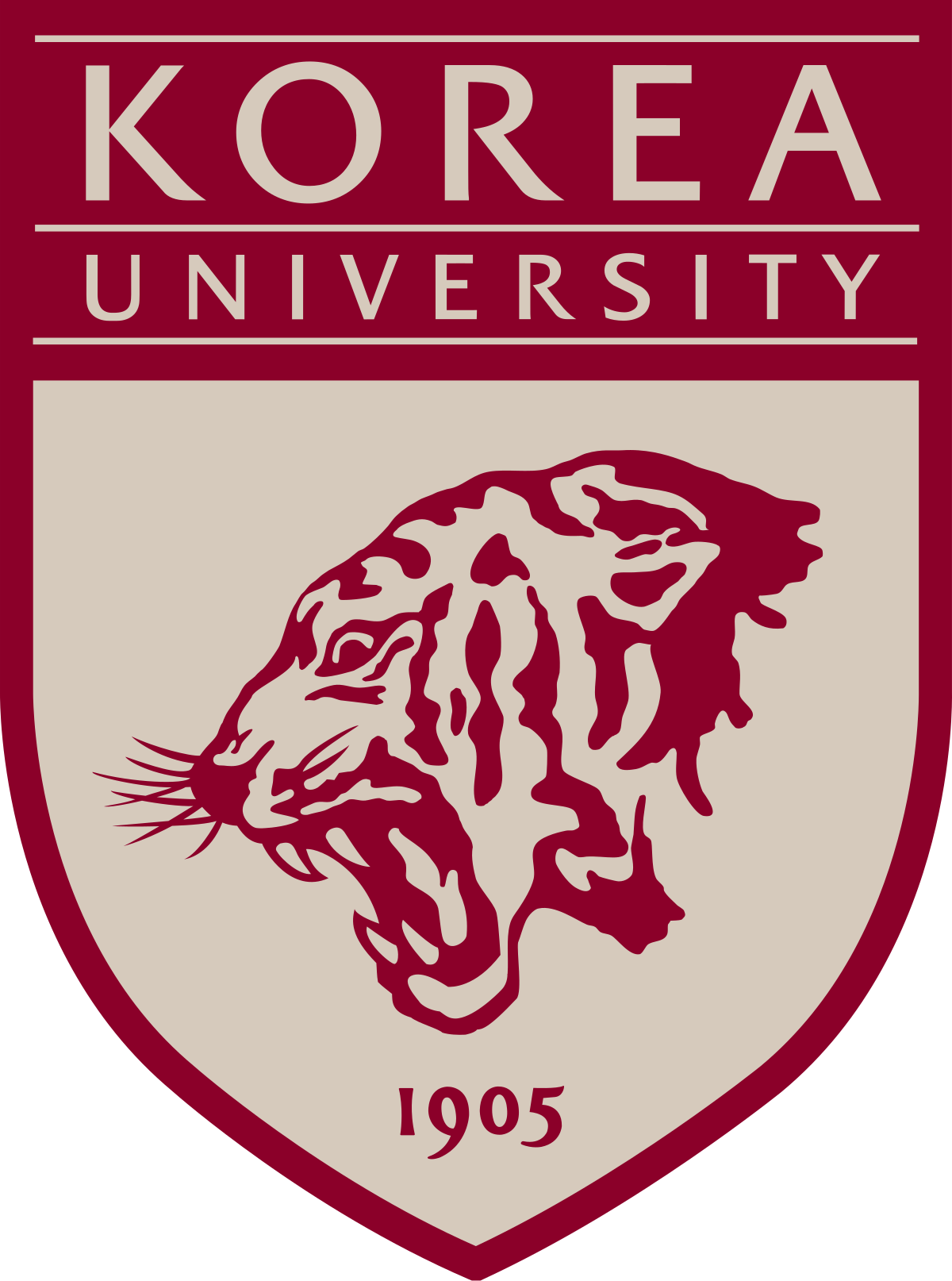University of Toronto
Explore the rich history of the University of Toronto with our comprehensive timeline. From its founding in 1827 to its development as a leading global institution, discover key milestones and achievements that have shaped its legacy in higher education and research.
Establishment of King's College
King's College, the precursor to the University of Toronto, was established on March 15, 1827. This event marks the formal beginning of what would become the University of Toronto, one of the most prestigious institutions in Canada. It was founded by royal charter issued by King George IV of the United Kingdom. The ethos was to create an educational institution in Upper Canada that could cater to the needs of the colony.
Renaming to the University of Toronto
In 1850, King's College was secularized and renamed the University of Toronto by the Province of Canada. This change reflected a shift towards a public provincial university system and a commitment to incorporating secular principles in its teachings, moving away from its Anglican initial roots. The governance and curriculum were modified to adapt to broader educational directives.
Establishment of the Faculty of Education
On April 14, 1892, the University of Toronto inaugurated its Faculty of Education, now known as the Ontario Institute for Studies in Education (OISE). This marked an important step in professionalizing teacher education in Canada, setting standards and elevating the discourse and practice of education within the country, as well as globally, through advanced research and training programs.
Nobel Prize Awarded to Sir Frederick Banting
Sir Frederick Banting, who was part of the University of Toronto faculty, was awarded the Nobel Prize in Physiology or Medicine in 1923 for the discovery of insulin. This groundbreaking medical advancement occurred in 1921 when Banting, alongside Charles Best, a medical student at the university, managed to isolate insulin, making significant contributions to treating diabetes.
Opening of Robarts Library
Opened on July 1, 1971, Robarts Library is one of the University of Toronto's most iconic buildings. Named after former Ontario Premier John Robarts, this library houses the largest collection of academic and research materials in Canada. The library is a crucial resource for students and faculty and plays a central role in the university's academic life, boasting state-of-the-art facilities and comprehensive collections.
Revolutionary G-Protein-coupled Receptors Research
In October 2000, research by University of Toronto scientists on G-protein-coupled receptors (GPCRs) led to significant advancements in understanding human cellular communication processes. This discovery facilitated the development of numerous drug therapies, revolutionizing treatment methods for several diseases. GPCRs constitute a large protein family of receptors that modulate nearly every physiological process in the human body.
Completion of the Leslie L. Dan Pharmacy Building
The Leslie L. Dan Pharmacy Building, opened on September 17, 2007, is a state-of-the-art facility at the University of Toronto designed by Norman Foster. This building houses the Leslie Dan Faculty of Pharmacy and includes innovative educational facilities, research labs, and communal spaces for collaborative projects. Its construction reflected a commitment to advancing pharmaceutical sciences education and research in Canada.
Introduction of Rotman School of Management's Behavioral Economics Discipline
February 20, 2009, marked a pivotal expansion at the University of Toronto's Rotman School of Management, with the introduction of a formal behavioral economics discipline. This initiative was created to explore how psychological insights impact economic decision-making. Behavioral economics at Rotman has since become influential, with ongoing research contributing to our understanding of market behaviors and consumer choices.
Opening of Munk School of Global Affairs and Public Policy
The Munk School of Global Affairs, which later became the Munk School of Global Affairs and Public Policy, was formally opened in June 2016. It serves as a hub for interdisciplinary education and research in global issues, public affairs, and policy-making. Hosting experts from around the world, the school offers innovative programs focused on equipping students to tackle complex global challenges.
Introduction of AI Research Lab in Collaboration with NVIDIA
In October 2019, the University of Toronto launched an Artificial Intelligence research lab in collaboration with NVIDIA. This initiative aimed to harness and expand AI's capabilities across various sectors like healthcare, urban planning, and cybersecurity. The lab’s establishment highlights the university’s leadership in AI research, engaging actively with deep learning and computational algorithms to drive innovation and create applied solutions for industry.
Frequently asked questions about University of Toronto
Discover commonly asked questions regarding University of Toronto. If there are any questions we may have overlooked, please let us know.
What are some significant historical milestones of the University of Toronto?
How has the University of Toronto evolved over time?
What major events have shaped the University of Toronto's history?
When was the University of Toronto founded?
Related timelines
More timelines connected to University of Toronto



